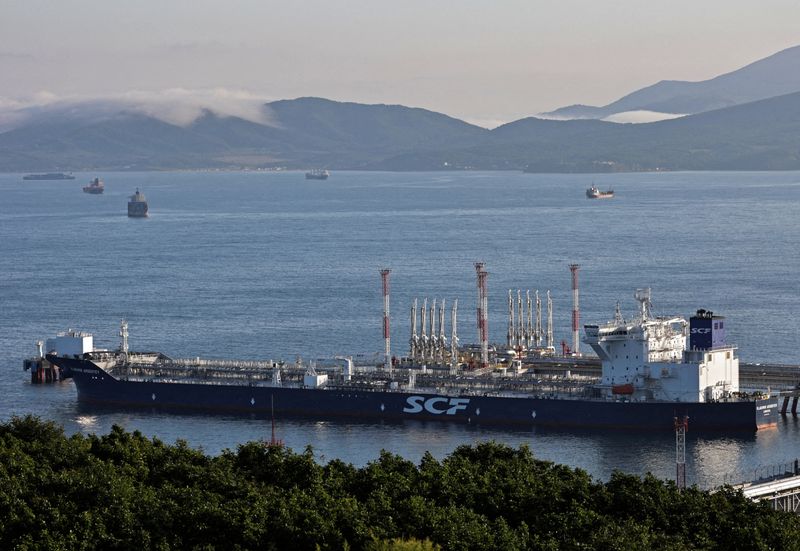Restrictions on Russian oil have come into force
2022.12.04 20:18
[ad_1]

Restrictions on Russian oil have come into force
Budrigannews.com – As the West attempts to limit Moscow’s ability to finance its war in Ukraine, the Group of Seven price cap on Russian seaborne oil went into effect on Monday. However, Russia has stated that it will not abide by the measure, even if it means cutting production.
In addition to the EU’s sea-based embargo on Russian crude imports and similar pledges from the United States, Canada, Japan, and Britain, the G7, the EU, and Australia will impose the price cap.
Only if the cargo is purchased at or below the price cap does it permit Russian oil to be shipped to third-party nations via G7 and EU tankers, insurance companies, and credit institutions.
The cap may make it difficult for Moscow to sell its oil at a higher price because the G7 countries are home to the world’s most important insurance and shipping companies.
Even if it had to reduce production, Russia, the second-largest oil exporter in the world, said on Sunday that it would not accept the cap and would not sell oil that is subject to it.
Since Soviet geologists discovered oil and gas in the Siberian swamps in the decades following World War II, selling oil and gas to Europe has been one of the primary sources of Russian foreign currency earnings.
Due to the sensitive nature of the situation, a source told Reuters that a decree was being prepared to prohibit Russian businesses and traders from interacting with cap-governed nations and businesses.
To put it simply, such a decree would prohibit the export of petroleum products and oil to nations and businesses that implement it.
The EU and G7 nations, on the other hand, anticipate that Russia will still have an incentive to continue selling oil at that price while accepting smaller profits, despite the fact that the price cap has been set at $60 per barrel, which is not much below the $67 level at which it closed on Friday.
The EU and the G7 will review the cap’s level every two months, with the first review taking place in the middle of January.
The European Commission stated in a statement that “this review should take into account… the effectiveness of the measure, its implementation, international adherence and alignment, the potential impact on coalition members and partners, and market developments.”
A similar measure affecting Russian petroleum products will follow the cap on crude on February 5, though the level of that cap has not yet been established.
[ad_2]








